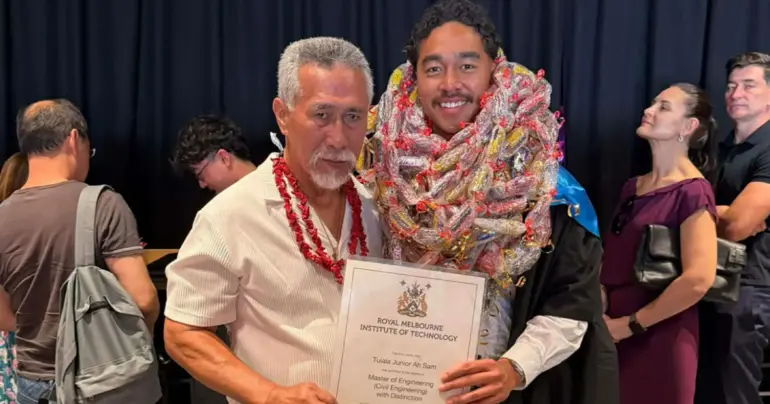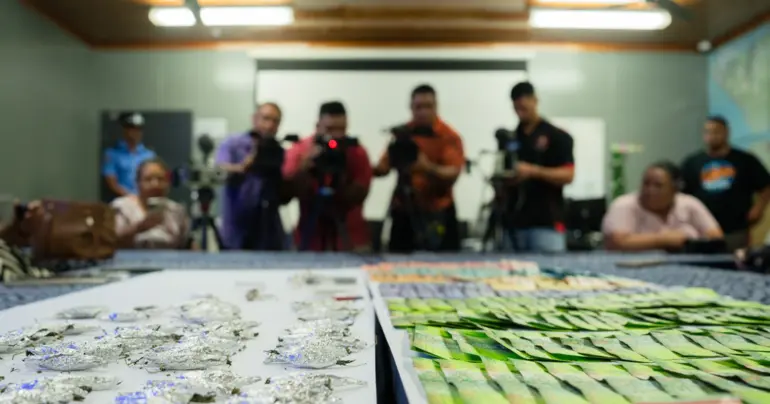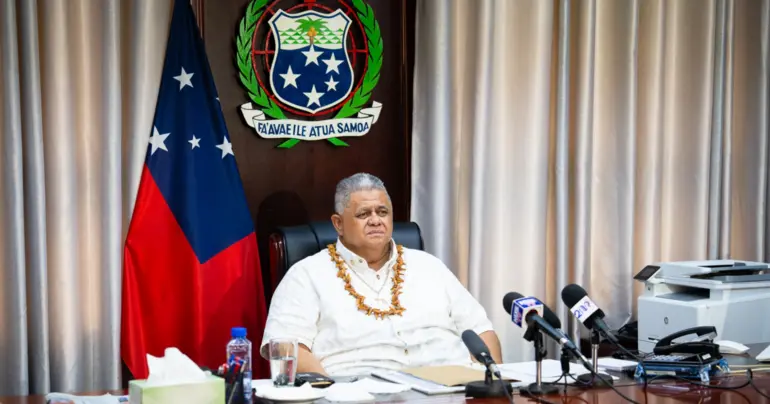World has failed children, report finds
 By Sapeer Mayron
•
21 February 2020, 1:00PM
By Sapeer Mayron
•
21 February 2020, 1:00PM
Progress on child health has “stalled” and there is not one country properly looking after its youngest citizens, a new report by international agencies has found.
The report produced by the World Health Organisation, United Nations Children’s Fund and the Lancet has found every nation wanting for its work to improve child and adolescent health in the wake of climate change and poor diet.
Co-Chair of the Commission and former Prime Minister of New Zealand, Helen Clark, said every country needs to “overhaul” how they work towards child and adolescent health.
“Despite improvements in child and adolescent health over the past 20 years, progress has stalled, and is set to reverse,” she said.
“It has been estimated that around 250 million children under five years old in low and middle income countries are at risk of not reaching their developmental potential, based on proxy measures of stunting and poverty.”
The report finds the impacts of marketing on children directly links to rising rates of obesity, calling junk food and sugary beverage advertising “predatory.”
Globally, the number of obese children has risen 11 times in the last 50 years to 124 million in 2016. Some children will watch 30,000 advertisements on television in a year.
When the looming disaster of climate change is factored in, the situation for children everywhere worsens significantly.
The only countries set to meet 2030 carbon emission reduction targets, and working to improve child health are Albania, Armenia, Grenada, Jordan, Moldova, Sri Lanka, Tunisia, Uruguay and Viet Nam: just nine out of 180.
Samoa sits at 99 on the child flourishing index ranking, where the Central African Republic is last and Norway is first.
More broadly, 40 per cent of people in the Pacific do not have health-care protection.
Dr. Richard Horton, Editor-in-Chief of The Lancet family of journals, said the crisis is a “supreme test for our generation.
“The opportunity is great. The evidence is available. The tools are at hand. From heads-of-state to local government, from U.N. leaders to children themselves, this Commission calls for the birth of a new era for child and adolescent health. It will take courage and commitment to deliver.”
“This report shows that the world’s decision makers are, too often, failing today’s children and youth: failing to protect their health, failing to protect their rights, and failing to protect their planet,” Dr Tedros Ghebreyesus, Director-General of the World Health Organization said.
“This must be a wakeup call for countries to invest in child health and development, ensure their voices are heard, protect their rights, and build a future that is fit for children.”
The report suggests that the Convention on the Rights of Children should be used more broadly to advocate for children to receive health and safety entitlements, and to advocate for their rights under the Sustainable Development Goals.
It calls for more space for children in consultations on policy and wellbeing schemes in order to prevent “adultism” or the idea that adults always know better than children. Some efforts in this area have begun but have fallen into tokenism or excluded marginalised children.
“Only by engaging and working with children and youth will the international community be able to achieve peace, security, justice, climate resilience, and sustainable development for all,” the report states.
Tags
 By Sapeer Mayron
•
21 February 2020, 1:00PM
By Sapeer Mayron
•
21 February 2020, 1:00PM











